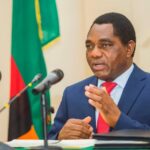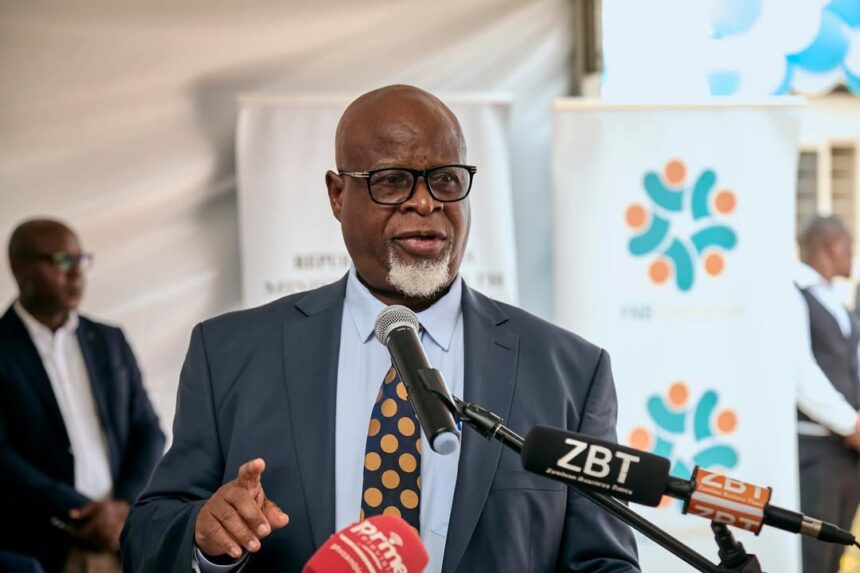Mounting frustration over poor working conditions and delayed payments has forced the Ministry of Health into an emergency response, as government officials scramble to calm rising unrest within Zambia’s medical fraternity.
On Monday, the Ministry of Health confirmed it had convened an urgent meeting with the Resident Doctors Association of Zambia (RDAZ) to address a growing wave of grievances among medical professionals. The decision follows a public outcry by RDAZ over long-standing delays in the formal employment of doctors and what it described as a “steady decline in workplace dignity.”
Minister of Health Dr. Elijah Muchima acknowledged the seriousness of the complaints but voiced concern over the association’s decision to go public. “These matters are best resolved through engagement, not public spectacle,” Dr. Muchima said during a press briefing. He pointed to ongoing fiscal constraints as the main challenge in tackling the backlog of unposted doctors and in enhancing remuneration packages. However, for many frontline doctors, patience is quickly running out.
According to sources within RDAZ, more than 800 trained doctors remain unemployed, despite having completed internships and passed their licensure exams. At the same time, many public hospitals are facing critical shortages of staff and essential supplies, increasing pressure on already overburdened medical workers.
“We are not demanding luxuries. We are simply asking for the conditions that allow us to save lives without risking our own health or falling into financial ruin,” said one Lusaka-based doctor, speaking anonymously for fear of reprisal.
Support for the doctors is growing. Health sector unions and civil society organisations have begun to rally in solidarity, warning that continued inaction could spark broader disruptions in public healthcare delivery. The tension is particularly alarming as Zambia enters the rainy season, when the risk of disease outbreaks rises significantly.
Economist and public policy expert Dr. Nchimunya Malama believes the standoff signals deeper structural issues in the country’s health system. “We’re seeing symptoms of long-term underinvestment in healthcare infrastructure and human resources. The crisis is not just financial—it’s structural,” he said.
The unrest has reignited public debate over the government’s spending priorities. Despite a 14% increase in the 2025 national health budget, critics argue that slow disbursement, weak accountability, and bureaucratic inefficiencies continue to hamper service delivery. While funds may be allocated on paper, many facilities still struggle to meet day-to-day operational needs.
Dr. Muchima reiterated the government’s commitment to reform. “We will continue to hire and improve conditions, but this must be done within the framework of our economic recovery plan,” he stated, referencing Zambia’s broader strategy to reduce external debt and tighten public spending.
The Ministry of Health has extended an invitation to RDAZ for formal dialogue, although no specific timetable for resolution has been made public. The move is seen as a critical step toward defusing the standoff, but pressure remains high for swift and tangible outcomes.
Analysts warn that without immediate improvements, Zambia could face an exodus of health workers or a breakdown in morale among existing staff—both of which could have lasting implications for national development and public health outcomes.
As talks are set to begin behind closed doors, the entire nation is watching. The future of Zambia’s healthcare system, already strained and fragile, may hinge on how decisively leaders act in the days ahead.






